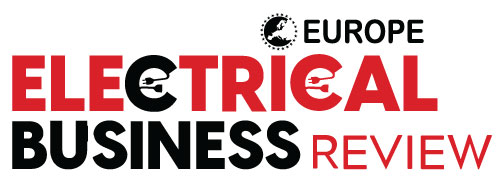Thank you for Subscribing to Electrical Business Review Weekly Brief
Unlocking the Advantages of Power Converters
Electrical Business Review | Tuesday, December 30, 2025
Fremont, CA: With the speed at which current technologies are developing, it is expected that advancements like artificial intelligence, augmented & virtual reality, the Internet of Things, quantum computing, and enhanced bioprinting will fundamentally alter many facets of both industry and life. Power converters, one of these inventions, have the potential to substantially influence a number of industries and improve our quality of life by increasing efficiency and adaptability. Power converters are essential to modern technology because they enable various applications by transforming electrical energy into other forms. Their development is expected to improve the performance of electronic gadgets and facilitate the integration of renewable energy sources.
In renewable energy, power converters are vital for incorporating solar and wind energy into electrical grids. These converters adeptly manage the variable outputs of such sources, contributing to a stable and reliable electricity supply. Cutting-edge power converter technology will optimize energy conversion processes, minimizing losses and boosting the overall efficiency of renewable energy systems. This shift is pivotal for establishing a sustainable and resilient energy infrastructure. The transportation sector will also benefit significantly from advancements in power converter technology. Electric vehicles rely heavily on power converters to regulate the flow of electricity between the battery and motor systems. Enhanced efficiencies in these converters will result in longer ranges and reduced charging times for electric vehicles, thereby increasing their viability and attractiveness to consumers.
Stay ahead of the industry with exclusive feature stories on the top companies, expert insights and the latest news delivered straight to your inbox. Subscribe today.
Furthermore, they will facilitate the design of more efficient charging stations, supporting the broader adoption of electric vehicles. In medicine, power converters will improve the operation of medical devices and equipment. Portable medical technologies, particularly wearable health monitors and implantable devices depend on effective power management for reliable functioning. Advanced power converters will furnish these devices with stable and efficient power, boosting their operational longevity and performance and ultimately leading to better patient outcomes and more effective healthcare solutions.
Lastly, power converters will be instrumental in the development of smart cities. They will govern electricity distribution in smart grids, optimizing energy consumption and reducing waste. Infrastructure elements such as intelligent lighting systems and automated waste management will rely on these efficient power converters for optimal operation, paving the way for more sustainable and livable urban environments. In summary, as power converter technology advances, its impact will resonate across various sectors, fostering greater efficiency, sustainability, and enhanced quality of life.
More in News




